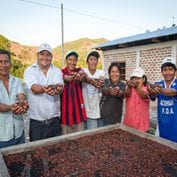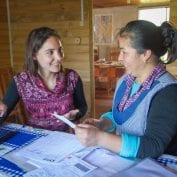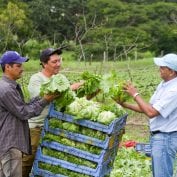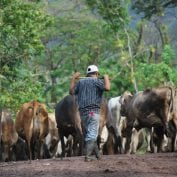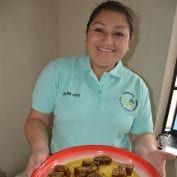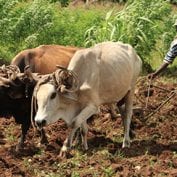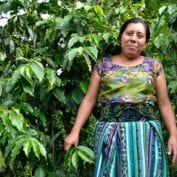Cocoa Farmers Connect with Gourmet Chocolate Maker
The package of Askinosie Chocolate’s dark chocolate bar from Cortés, Honduras shows a smiling farmer, backed by cocoa trees. This is Fermin Arriaga, the lead farmer at Finca Patricia, which supplies premium cocoa beans to Askinosie. TechnoServe is showing farmers that they can get a higher price for their…




